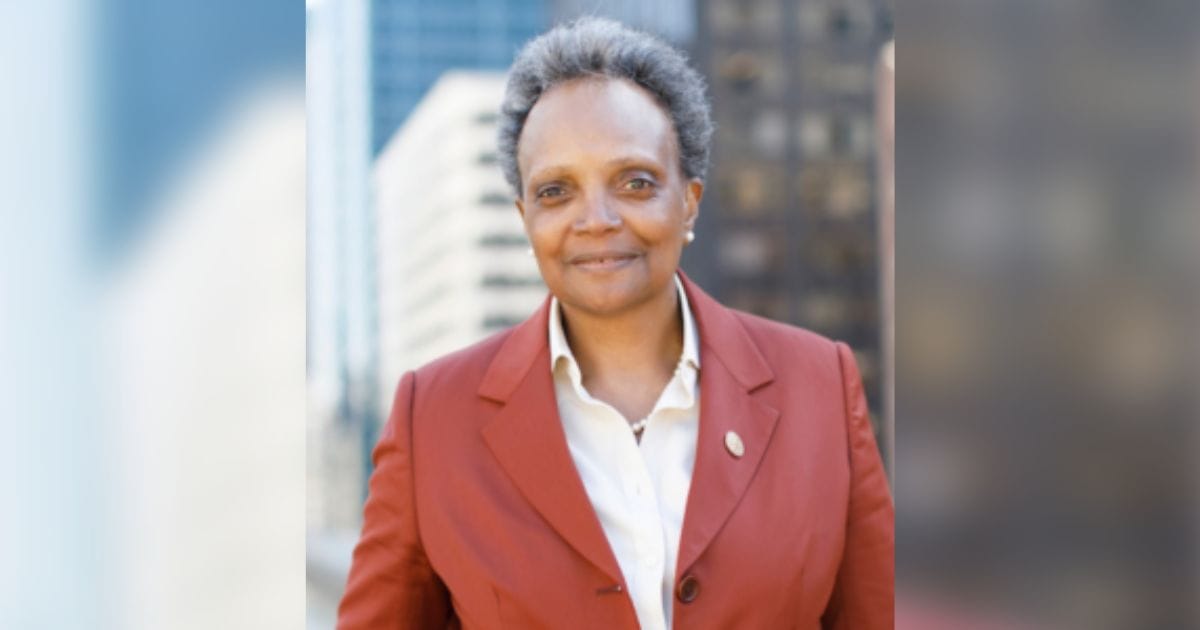Mayor Lori E. Lightfoot, the Chicago Department of Public Health (CDPH), and Community Safety Coordination Center (CSCC) recently announced the launch of a new nearly $275,000 Emergency Supplemental Victims’ Fund (ESVF) pilot program to ease the financial burden and trauma inflicted on those directly impacted by gun violence. This pilot program will focus on alleviating the immediate financial impacts of shooting incidents by providing financial assistance in set amounts to survivors and their families. This new initiative will start in East and West Garfield Park, Englewood, West Englewood, and New City, with plans to expand to more communities in the future.
“Supporting victims and their healing is an integral component to our citywide community safety strategy,” said Mayor Lightfoot. “This program will enable the City to directly ease the immediate burdens that victims and their families face and will promote safe and healthy communities.”
Victims who are residents of Chicago and experience a gunshot injury in the designated neighborhoods will be eligible to apply for emergency financial assistance, provided they are not identified by law enforcement as the perpetrators of the crime. Chicago families who lose a loved one to gun violence will be eligible for $1,500 in financial assistance to support funeral or burial costs; victims of physical gun violence injury will be eligible to receive $1,000 in financial assistance to support their needs; and victims, or families in the case of a fatal or debilitating injury, can also receive up to $1,000 for relocation costs.
“Gun violence has both physical and emotional impacts on families and communities, which is why we treat it as a public health issue,” said CDPH Commissioner Allison Arwady, M.D. “Research shows that we need to address the effects of these traumatic events as part of the healing process. Providing financial assistance to victims is one way to ease their immediate needs so they can focus on getting the care and support they need.”
Since 2019, the City has made dramatic increases in investments in violence intervention programs. This pilot program is the latest in the City’s $52 million annual investment in violence interventions, which includes street outreach, victim services, interventions for youth at risk for victimization or justice involvement, re-entry, and other supportive services for those who urgently need them. Since its launch, the CSCC has worked with all City departments and sister agencies to develop a public health framework and implemented a whole-of-city approach to violence prevention and worked to ensure equitable investment in the communities with the highest levels of disinvestment and lack of opportunity.
“We know that victims of gun violence need compensation most immediately following a tragic incident, and we are launching this program to give rapid relief to families and survivors to reduce the amount of trauma inflicted,” said Gregorio Martinez, interim Chief Coordination Officer at the CSCC. “This is a direct result of our collaboration with those in the survivor community, who are leading these efforts in the communities most impacted by violence. We are committed to strengthening our partnership and working together to remedy the issue and heal our communities.”
Funds will be administered by survivor support advocacy groups currently funded by CDPH, including Centers for New Horizons, Breakthrough Urban Ministries, Inc., Institute for Nonviolence Chicago, and Universal Family Connection, Inc.
“The importance of the Emergency Supplemental Victims Fund cannot be understated,” said Victim Advocate, Dana de Grazia of Breakthrough Urban Ministries. “As a victim advocate, I see firsthand the needs that arise for things like medical care, psychological support and personal safety concerns that come from being victimized by gun violence. The victims need immediate crisis support that is not always easy to come by, and this fund alleviates some of the pressure that hits them during a challenge that no one should have to face.”
Key information will be gathered to measure the impact of the pilot program, including the number of applicants, the amount of funding dispersed, and how the funding will be used by the survivors. The City will also work to identify an academic partner to design an evaluation of the program and determine its impact over time.






